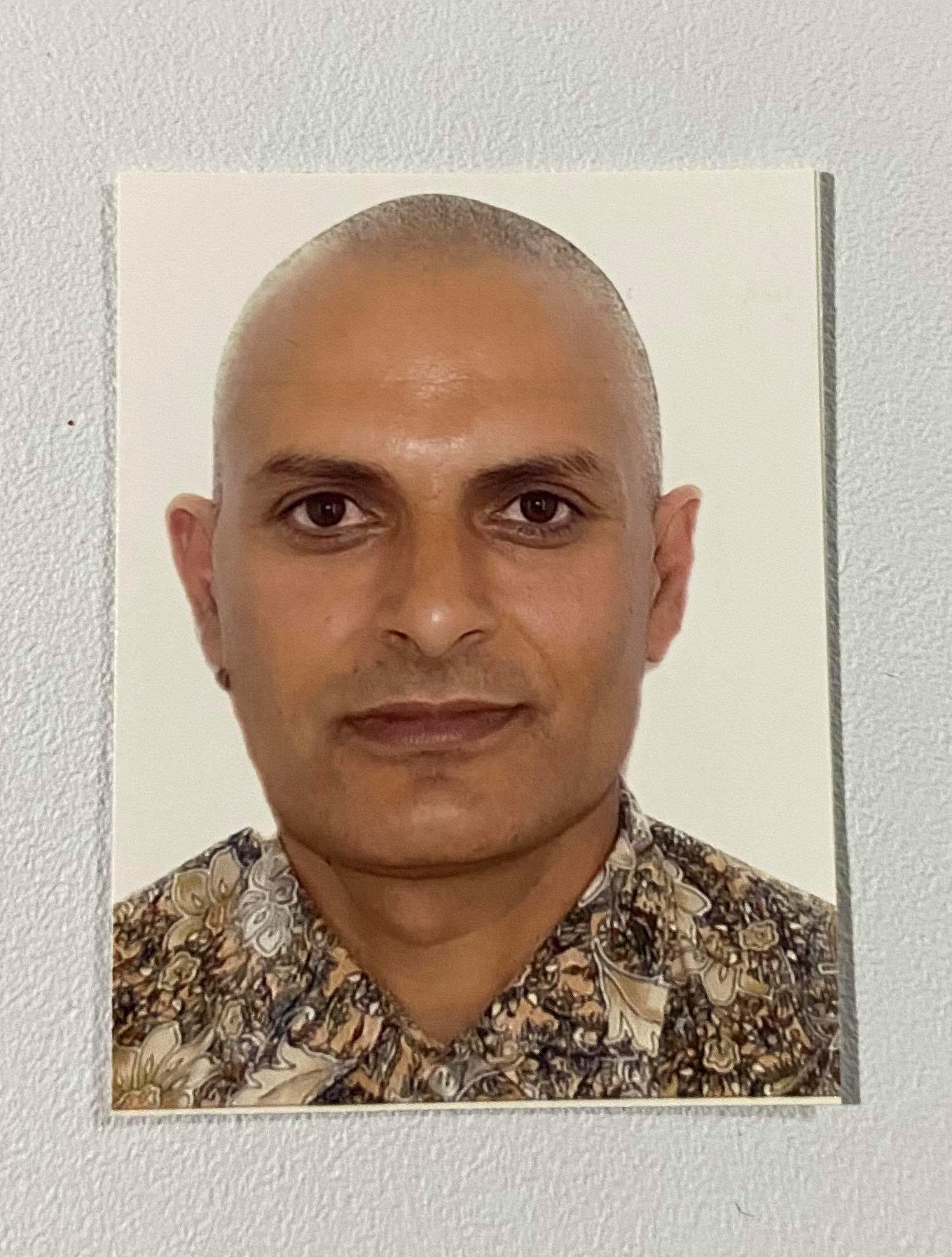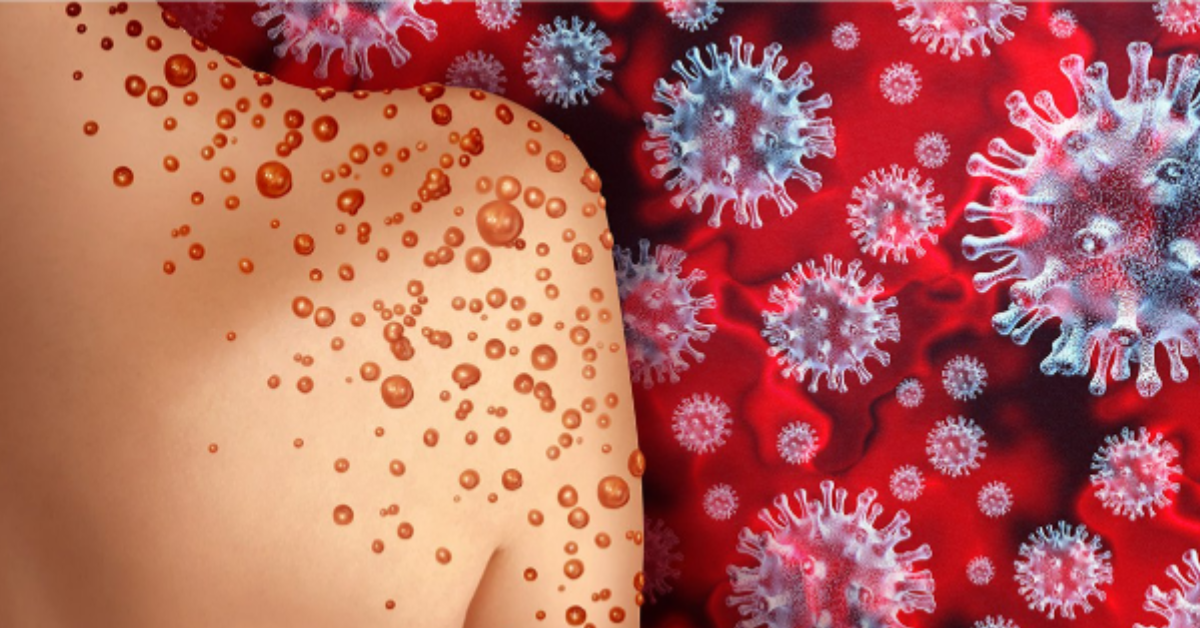Monkeypox is a zoonotic virus that resides in animals and infects humans. This virus belongs in the same family as smallpox. This virus was first reported in 1958 in monkeys. The disease caused by this virus is prevalent in Africa. However, in May 2022, it is reported as an outbreak outside of Africa, including Europe, Australia, and North America.
This virus transmits from person to person through close contact. The infected person with this virus can spread it to others by droplets, contact with body fluids and bedding, and linens. Also, it transfers when the infected animals come into human contact.
When the virus comes in contact sometimes, it does not show any signs and symptoms for about three weeks. Then, an infected person can develop symptoms like fever, tiredness, body ache, headache, chills, back pain, sore throat, dry cough, swollen lymph nodes, and difficult breathing.
After 1-3 days of fever, a rash comes on the face and spreads throughout the body, especially on the hands, feet, arms, and legs. The rashes follow particular patterns – first, it develops flat round lesions called macules. Then it grows into raised bumps called papules; after that, they fill with a clear fluid called vesicles. Then, these bumps fill with yellowish liquid, called pustules, that are crushed and fall off. This illness takes 2-4 weeks to complete. The condition becomes severe in children, people with low immunity power, and other unfavorable health conditions.
Suppose this illness is not recognized promptly and is not managed correctly. In that case, it might lead us to have secondary infections such as encephalitis, sepsis, bronchopneumonia, and vision loss. If anyone doubts the exposure to monkeypox, immediately consult with the doctors and check the temperature daily.
- If there are chills and swollen lymph nodes but no fever and rash… isolate for 24 hours for observation.
- If there is fever and rashes…self-isolate immediately and contact the health authority right away.
- If chills and swollen lymph nodes persist long, contact the doctor directly for further management.
- If there are no signs and symptoms, continue routine but do not donate blood, semen, breastfeeding, or organs while monitoring for symptoms.
There is no specific treatment available for monkeypox. Only we can prevent it by doing the following measures.
Stay away from the animals that might contain viruses, such as dead animals in monkeypox prone areas. Isolate immediately if there are any suspects of this disease, keep high priority on hand washing and personal hygiene, informed health authorities if there are any suspects of the infections and use protective gears
Specific treatment has not yet been invented, but there are specific ways to prevent it.

Mr. Dahal is a public health researcher and service professional in Canada.


Many thanks for information regarding this uncommon disease. It is really a informative piece of article that helps to be aware. Great job sir.